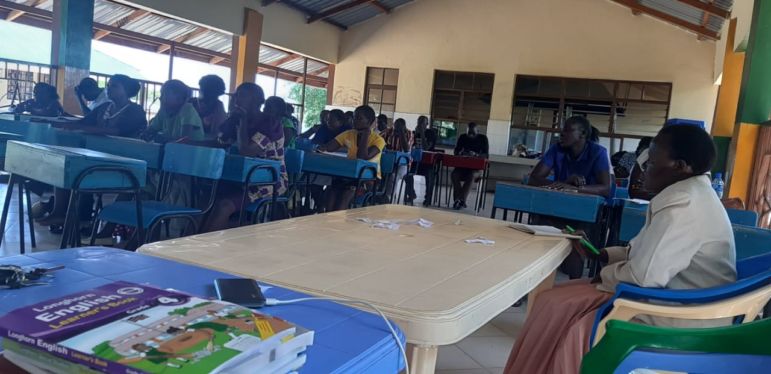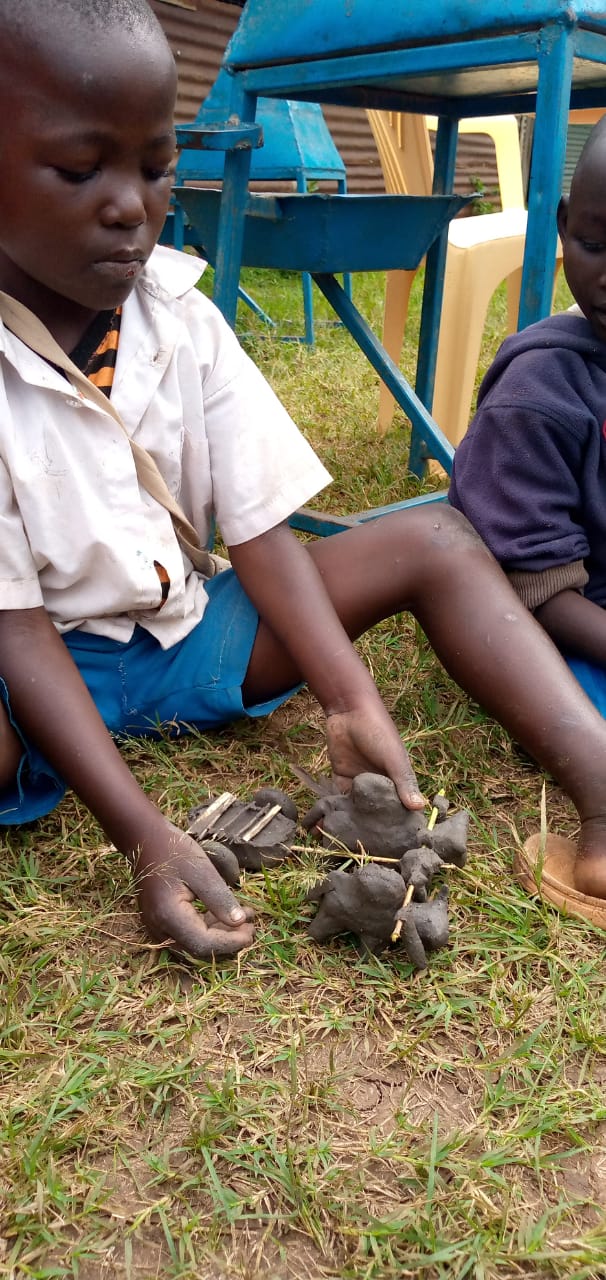Activity Report
With the modest funding from the Defending Early Years (DEY-Mini Grant Initiative) in December 2019, Mercy Youth Initiative (a community-based development – oriented organization implementing quality early childhood and youth enrichment education and training programs through Hope School) hosted a community-wide event that brought together a total of 20 Early Childhood Education (ECDE) Teachers drawn from 20 schools in Mbita West Zone.
The meeting helped the ECDE teachers to discuss the importance of play in early year’s education. A total of 20 schools in the zone were involved in the community open meeting held on 12th January, 2020 in Mbita, Kenya.
Challenge: • Unfortunately, the importance of play in early childhood education programming is often undervalued in favor of direct instruction. Still, building play into curriculum is important, as it is a healthy part of childhood development. Play can have a large impact on development in many areas, including social skills, language skills, and cognitive development.
A raft of recommendations was reached as follows:
• A follow-up conference/meeting aimed at bringing school managers, headteacher’s, Directors and Academic supervisors be held before April, 2020 in order to develop an implementation strategy and timelines for adopting this conference recommendations.
• An inter-school play – based education forum be established and Hope School to serve as a host for 2 years.
• Initiation of 3 play clubs for school going children is established in 3 local schools.
• Early Years Education (EYE) be trained through one day inter-schools visit forums on Antinon-age assessment clubs are formed and operational, play based curriculum delivery materials and information are accessible to in school youths.
• A computer resource center be established in the at Hope School to enable EYE teachers access audio-visual and play-based materials shared in CDs, USB disks and print-outs for sharing.
• Develop new competencies that lead to enhanced confidence and the resiliency they will need to face future challenges”.
Lessons Learnt:
• Play is the tool that children use to learn about the world and society. Through play, their social and cognitive needs can be met and developed. Play is the way that children interact with this world and create experiences to understand society and human interaction.
• Play allows children to create and explore a world they can master, conquering their fears while practicing adult roles, sometimes in conjunction with other children or adult caregivers”.
• Play help children become self-efficient problem solvers because during play children create and solve their own problems. When a child is asked to solve an academic or real-life problem, they will be able to use the skills that they practice during play to find a solution.



